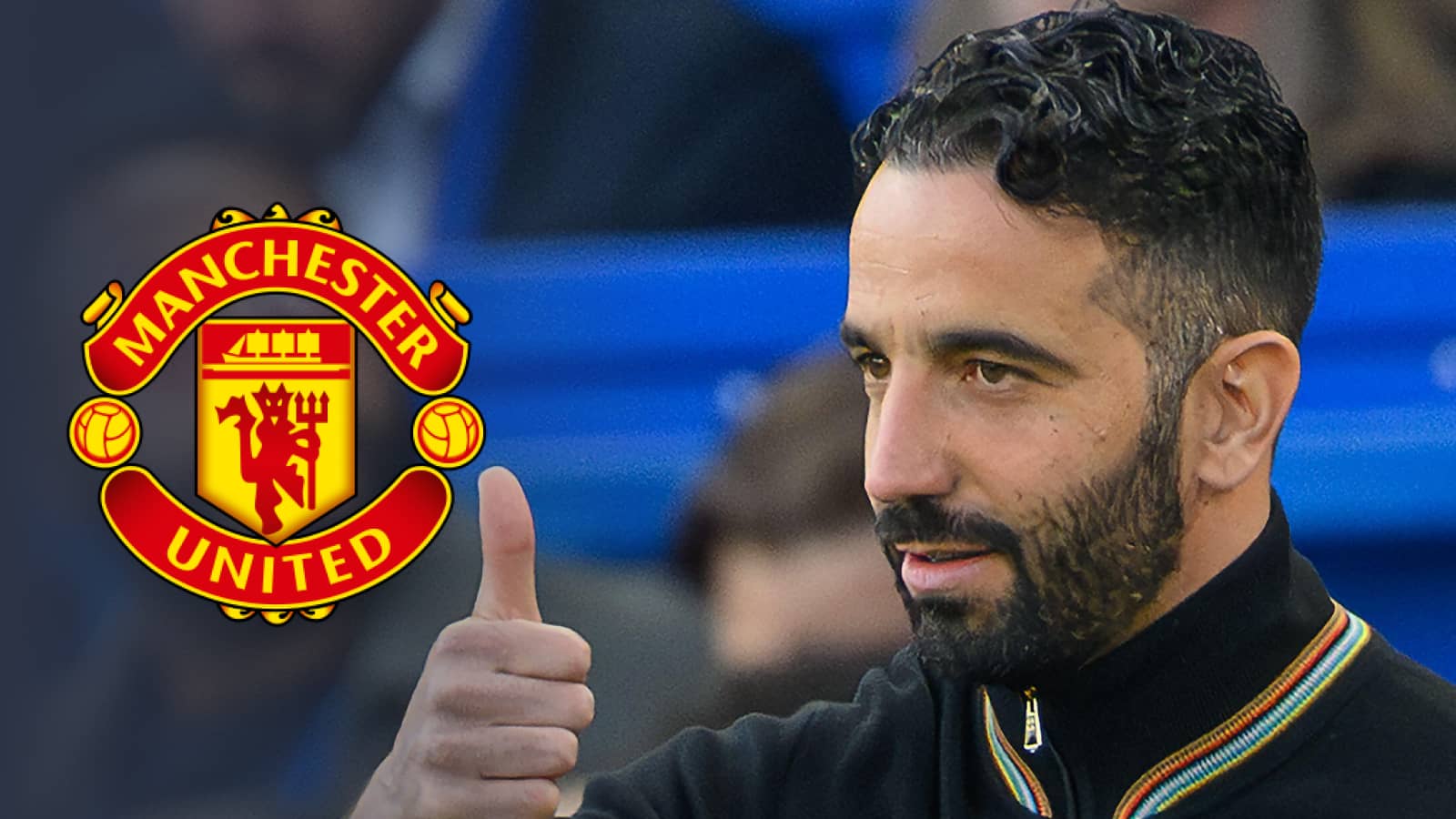‘Any person at any time can have a stroke’: Former Dublin footballer recalls health scare

One morning three years ago, Siobhán McGrath woke up feeling more tired than usual. She was 34 at the time and playing on the Dublin senior Gaelic football team, so she put it down to a few “tough training sessions”.“But then, as I started to try and get dressed, I started to have little speed wobbles,” she recalled. “So I was trying to get my leggings on, I was trying to put my T-shirt on and I noticed that cognitively, I wasn’t all there. My fingers were going in different directions.“I was trying to do different tasks like open a window because I felt I needed air. I couldn’t do it. I tried to turn off my alarm, [but] I couldn’t put that sequence of numbers together.”At this stage, Ms McGrath knew something was wrong. But she never thought someone as young, fit and healthy as she was would have a stroke.She rang her mam, which she acknowledges now was not the best course of action for someone experiencing stroke symptoms.“Everyone needs to be aware that any person at any time can have a stroke and that they really need to act fast when they see the symptoms,” she said.Ms McGrath was speaking in advance of a public awareness campaign called Every Second Counts, highlighting that the second you suspect a stroke is the second to dial 999 or 112.Prof Rónán Collins, HSE national clinical lead for stroke, said there needs to be an improvement in public awareness of stroke. It is much more widespread than stereotypes suggest.“Most of our treatments for stroke are very time dependent,” he said. “The sooner you treat it, the better the neurological recovery will be.“Your brain cells do not do well without oxygen. So every 10 minutes, you’re losing a couple of million brain cells. The sooner you act, the better the treatments are going to work.”According to Prof Collins, stroke is the most common cause of adult neurological disability in Ireland, with one in four people having a stroke in their lifetime.“It is true that most strokes occur in older people, about three-quarters of them, but that means a quarter occur in younger people too,” he added.The HSE also published a new report entitled Early Supported Discharge for Stroke 2022 to 2023.Early supported discharge (ESD) refers to measures put in place for stroke survivors so they can leave hospital earlier. It involves therapy, social work and nursing support at home. More than 800 people benefited from the initiative in 2023.Ciara Breen, the health and social care professions lead at the National Clinical Programme for Stroke, said this gives patients an opportunity to be at home during their recovery.“We know they’ll recover faster where they’re supported by their family, where they’re sleeping in their own bed, eating their own food and yet they’re still having access to this really specialist team of professionals who provide advice,” she said.Ms Breen added that it’s also a “big win” for the health service as it frees up capacity within the acute hospital system quicker, allowing more patients to receive timely care.“It enables us to treat more people in stroke units as well, which is where we know the best outcome for them is at that acute stage. At that early stage, that’s where somebody needs to be in [hospital],” she said.“The big win (in terms of ESD) is that people learn skills faster in their own home. It happens much faster and much smoother because you’re back home, where you want to be.”









